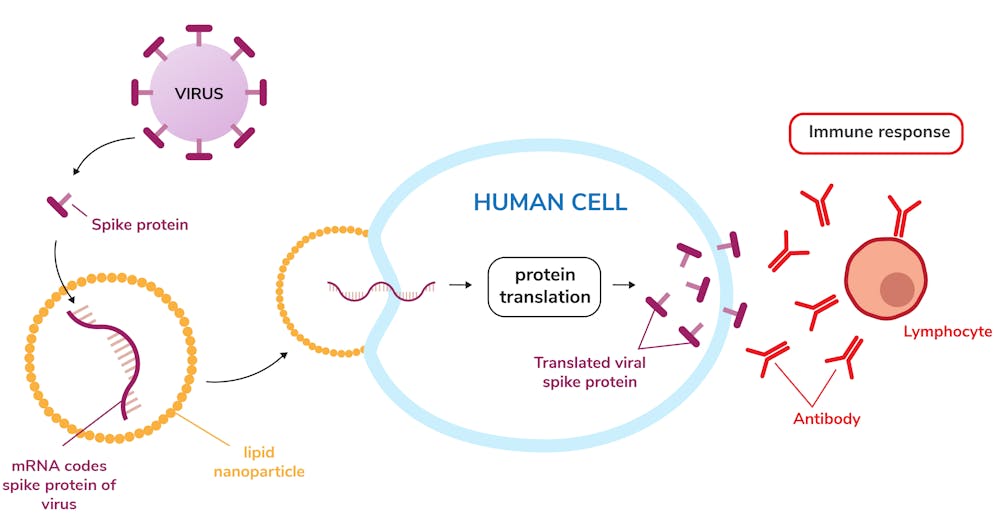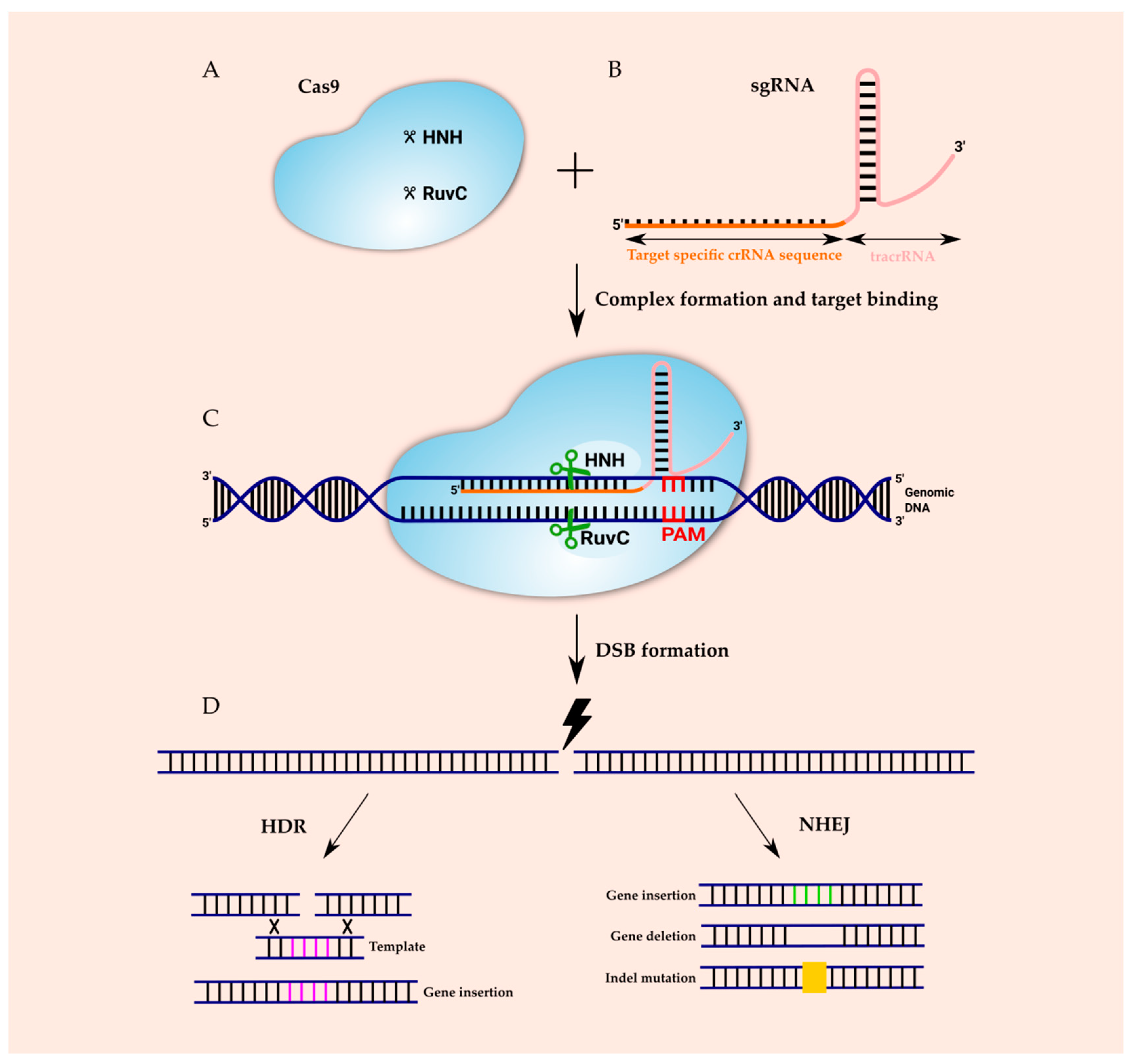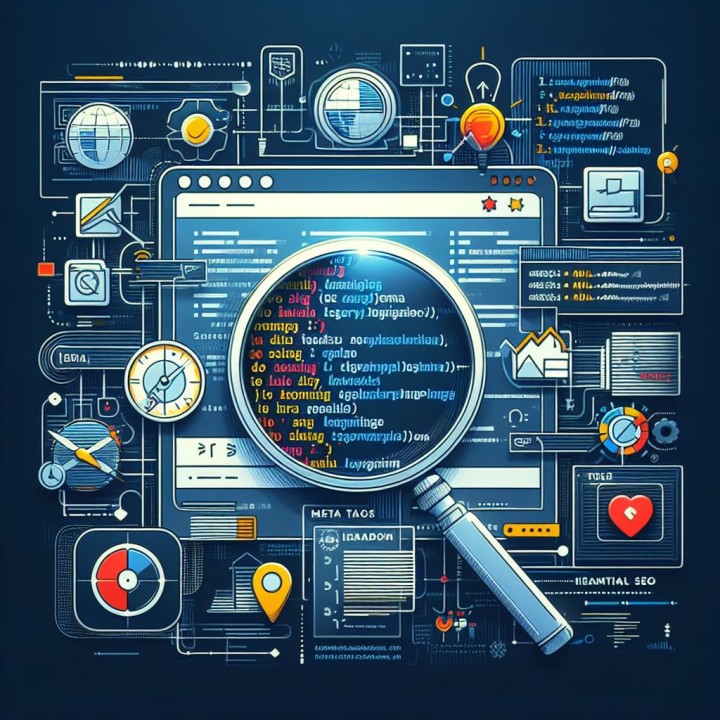Biotechnology and Healthcare Innovations
Biotechnology and healthcare innovations are transforming the landscape of medicine, offering groundbreaking solutions for various medical challenges. At SparkScribe Technologies, we are excited to explore and contribute to these advancements. In this blog post, we will delve into mRNA technology and its applications beyond COVID-19 vaccines, CRISPR and gene editing advancements, and the rise of personalized medicine and digital health tools.
mRNA Technology and Its Applications Beyond COVID-19 Vaccines
The success of mRNA vaccines in combating COVID-19 has spotlighted the potential of mRNA technology in various medical applications.
1. Understanding mRNA Technology
mRNA (messenger RNA) technology involves the use of synthetic mRNA to instruct cells to produce specific proteins that trigger an immune response. This approach has proven highly effective in the development of COVID-19 vaccines by companies like Pfizer-BioNTech and Moderna.
2. Cancer Immunotherapy
Researchers are exploring mRNA technology to develop cancer vaccines that instruct the immune system to recognize and destroy cancer cells. These vaccines can be personalized to target specific mutations in an individual’s tumor, offering a tailored approach to cancer treatment.
3. Infectious Disease Vaccines
Beyond COVID-19, mRNA technology is being used to develop vaccines for other infectious diseases such as influenza, Zika virus, and HIV. The flexibility and rapid development timeline of mRNA vaccines make them ideal for responding to emerging infectious threats.
4. Protein Replacement Therapies
mRNA technology can be used to treat genetic disorders by instructing cells to produce the missing or defective proteins. This approach holds promise for conditions like cystic fibrosis, hemophilia, and certain metabolic disorders.
CRISPR and Gene Editing Advancements
CRISPR (Clustered Regularly Interspaced Short Palindromic Repeats) technology has revolutionized the field of gene editing, offering precise and efficient methods to modify genetic material.
1. Basics of CRISPR
CRISPR-Cas9 is a powerful gene-editing tool that allows scientists to make targeted changes to the DNA of living organisms. The technology uses a guide RNA to direct the Cas9 enzyme to a specific location in the genome, where it makes precise cuts to modify the DNA sequence.
2. Therapeutic Applications
CRISPR technology is being used to develop treatments for genetic disorders such as sickle cell anemia, muscular dystrophy, and Huntington's disease. Early clinical trials have shown promising results, with the potential to cure these conditions at the genetic level.
3. Agricultural Innovations
In agriculture, CRISPR is being used to create crops that are more resistant to diseases, pests, and environmental stresses. These advancements can improve food security and reduce the need for chemical pesticides.
4. Ethical Considerations
The use of CRISPR technology raises ethical questions, particularly concerning germline editing, which involves making changes that can be passed on to future generations. Ongoing discussions are essential to establish guidelines and regulations for the responsible use of gene editing.
Personalized Medicine and Digital Health Tools
Personalized medicine and digital health tools are transforming the way we approach healthcare, offering tailored treatments and real-time health monitoring.
1. Personalized Medicine
Personalized medicine involves tailoring medical treatment to the individual characteristics of each patient. By analyzing genetic, environmental, and lifestyle factors, healthcare providers can develop more effective and targeted treatment plans.
2. Genomic Sequencing
Advancements in genomic sequencing have made it possible to identify genetic predispositions to certain diseases, enabling early interventions and personalized treatment strategies. This approach is particularly beneficial in oncology, where treatments can be tailored to the genetic profile of a patient’s tumor.
3. Digital Health Tools
Digital health tools, including wearable devices, mobile health apps, and telemedicine platforms, are empowering patients to take control of their health. These tools provide real-time health monitoring, facilitate remote consultations, and enhance patient engagement and adherence to treatment plans.
4. Artificial Intelligence in Healthcare
AI is playing a significant role in personalized medicine by analyzing vast amounts of data to identify patterns and make predictions. AI algorithms can assist in diagnosing diseases, recommending treatments, and predicting patient outcomes, enhancing the precision and effectiveness of healthcare delivery.
Conclusion
Biotechnology and healthcare innovations are driving a new era of medicine, offering transformative solutions for a wide range of medical challenges. The potential of mRNA technology, advancements in CRISPR and gene editing, and the rise of personalized medicine and digital health tools are revolutionizing healthcare. At SparkScribe Technologies, we are committed to exploring and supporting these innovations to improve health outcomes and enhance the quality of life. Stay tuned to our blog for more insights and updates on the latest developments in biotechnology and healthcare.










